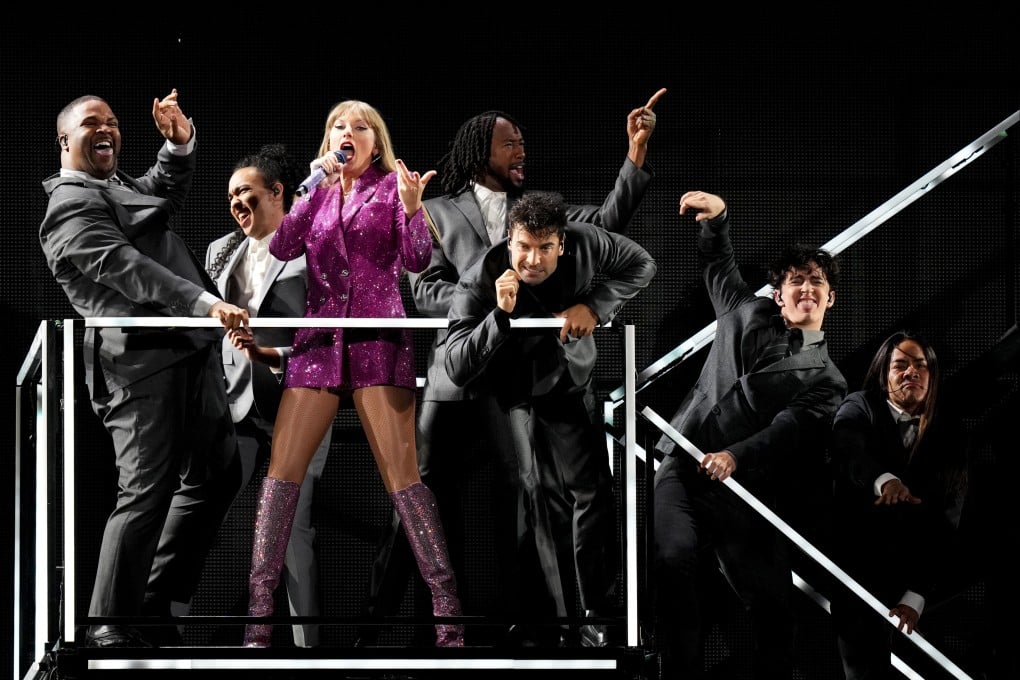Advertisement
Opinion | Michael Jackson then, Taylor Swift now: why superstars keep skipping Hong Kong
- There are several possible reasons for Swift’s omission of Hong Kong from her Asia tour, including the US State Department’s negative travel advisory
- But the key issue is surely that 20 years after the Stones played on a purpose-built stage in Central, Hong Kong still doesn’t have a suitable arena
Reading Time:3 minutes
Why you can trust SCMP
7

Twenty years ago this month, the entertainment spectacle known as HarbourFest ended on the Central waterfront. Thus began a series of life-changing events which led to me suing the chief executive and mortgaging the family home to cover legal fees.
For the benefit of those not in Hong Kong at the time, or who have forgotten some of the key aspects, a brief reminder. Our city was very hard hit by the outbreak of severe acute respiratory syndrome in early 2003 and the economy tanked.
Once the disease had been brought under control and various travel advisories withdrawn, a campaign was launched to revive the economy.
Advertisement
Out of a total allocation of HK$1 billion for economic relaunch publicity and activities, some HK$700 million was spent on various projects, the lion’s share on assuring foreigners it was safe to visit Hong Kong again.
What turned out to be most controversial was an idea from the American Chamber of Commerce. It would organise a series of concerts with famous artists performing on a purpose-built stage on the harbourfront. Ministers in charge of the relaunch enthusiastically supported the idea and readily agreed to the requested subsidy of HK$100 million to keep ticket prices low.
Advertisement
The event went ahead and, but for some minor hiccups, was a great success, with packed concerts by the Rolling Stones and Carlos Santana.
Advertisement
Select Voice
Choose your listening speed
Get through articles 2x faster
1.25x
250 WPM
Slow
Average
Fast
1.25x
